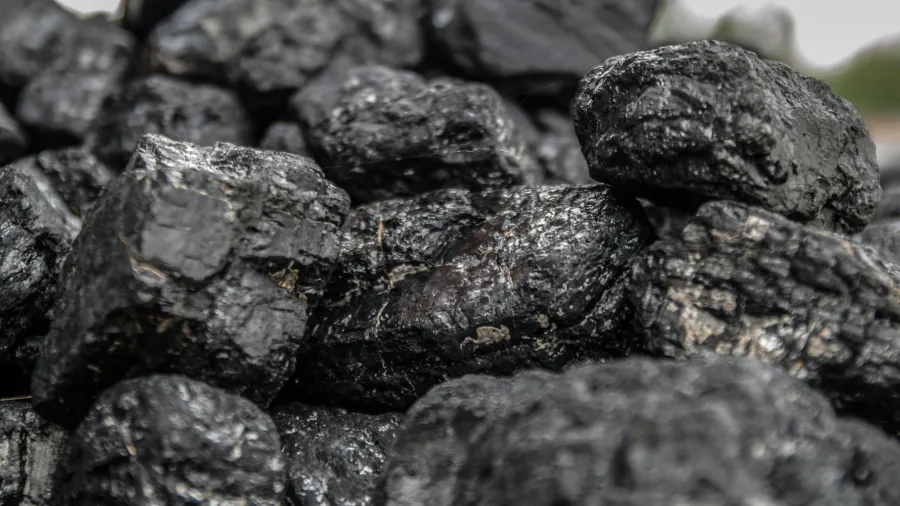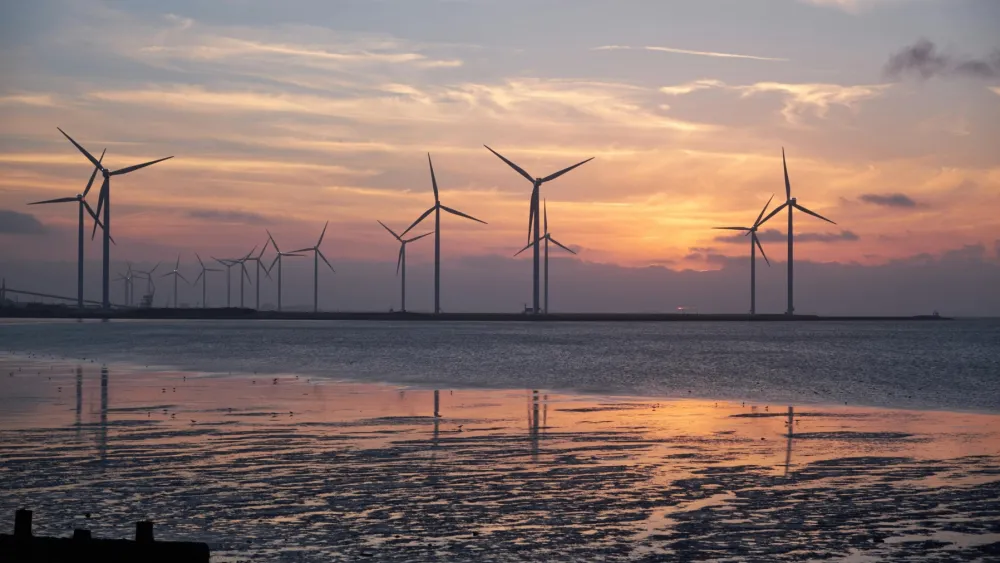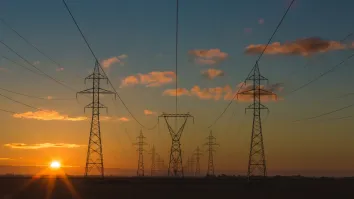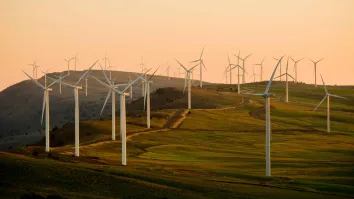
Indonesia’s latest power plan could undermine climate goals: Ember
The new plan may increase coal power generation.
Indonesia has been warned that its latest electricity masterplan, which could increase coal power generation, may risk its low-emission pathway and Just Energy Transition Partnership targets.
Under the plan, Indonesia plans 26.8 gigawatts (GW) of new coal capacity over the next seven years, with more than 20 GW coming from captive coal expansion.
Ember expects the country’s coal generation to grow by 62.7%, peaking in 2037. This contradicts Indonesia’s pledge to phase out coal by 2040, announced by President Prabowo at the G20.
“Producing materials for green technology using high-emission energy sources is counterproductive. Indonesia must decarbonise its smelter industries with renewables to enhance sustainability and the market competitiveness of its products,” said Dody Setiawan, senior analyst Ccimate and energy for Indonesia at Ember.
Katherine Hasan, analyst at the Centre for Research on Energy and Clean Air (CREA), noted that the growth is largely concentrated in Sulawesi and North Maluku islands.
“Those residing near the industrial sites where the coal power plants will operate will have to bear the highest health and economic burden from pollution exposure, not to mention the irreversible environmental impacts from the spread of toxic particles,” she added.
The Ember report also noted cost implications as new captive coal plants face financial and regulatory challenges. The cost of new captive coal generation could exceed that of grid power and renewables, with estimates reaching 7.71 USc/kWh, higher than PLN’s generation cost in 2020 (7.05 USc/kWh) and recent solar and wind tariffs of between 5.5 and 5.8 USc/kWh.
“Expanding captive coal while global markets shift to clean energy makes little economic sense. Indonesia has a clear opportunity to scale up renewables instead of committing to more coal,” said Setiawan.



















 Advertise
Advertise







